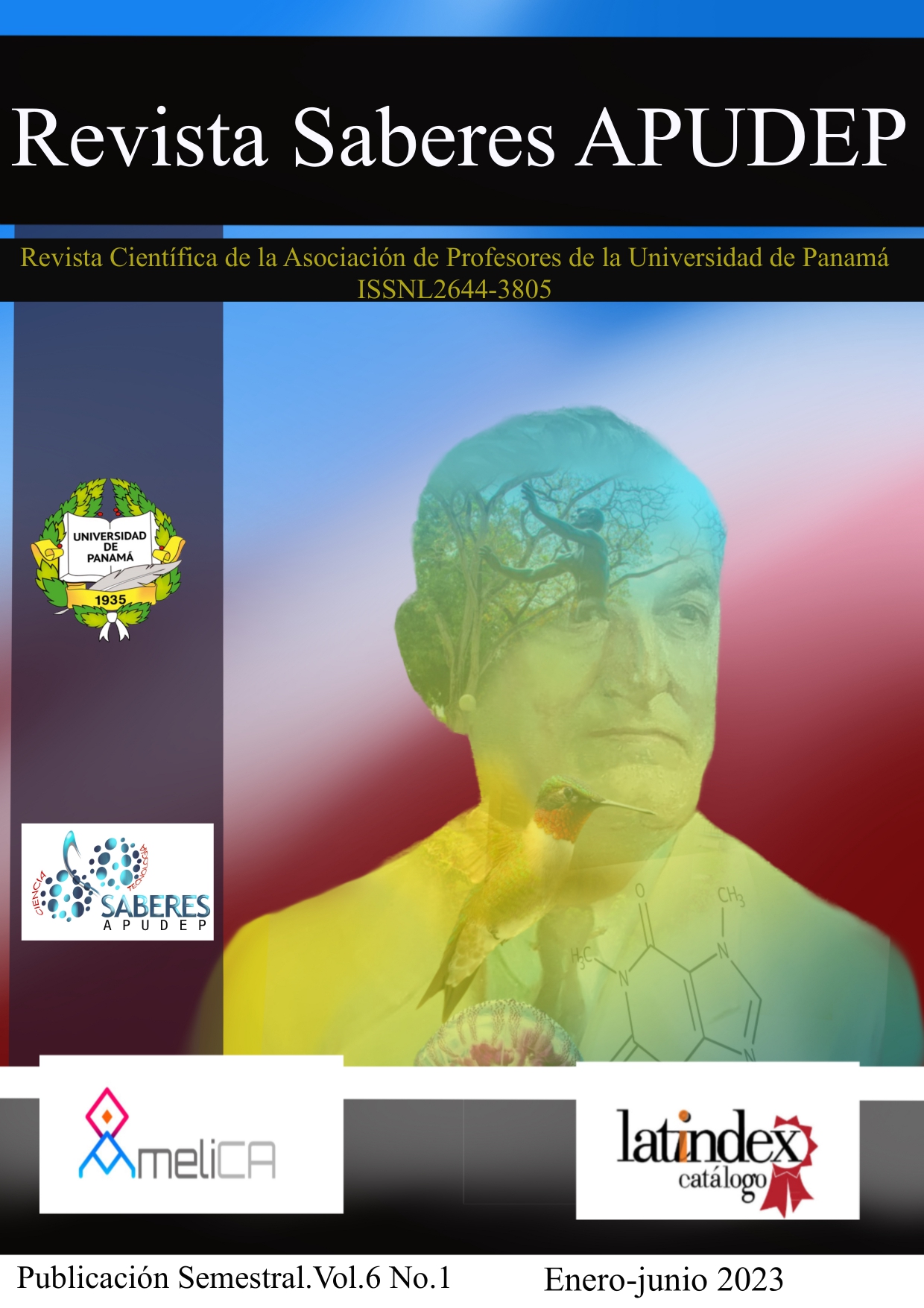


This work is licensed under a Creative Commons Attribution-NonCommercial-ShareAlike 4.0 International License.
Abstract
The scarce and scattered information available, whether obtained through qualitative and/or quantitative techniques in tourism in our country, is useful not only for timely public and private decision-making, but also for planning, making investments and executing various actions of public policy is one of the causes of the current investigation. It is considered that any tourism policy and decision-making to be implemented in a given territory or company must be based on information and statistical market studies that include most of the tourism actors according to their needs and based on the potentialities and realities produced in the market. Once these policies or decisions are implemented, the tourism actors associated with these policies will be able to verify and evaluate, after a certain period has elapsed, whether the expected results have been achieved. A Tourism Observatory must be established as an intelligent institution or a useful tool that may be suitable for the construction, explanation, or development of concepts, based on the information collected from the actions and movements themselves, whether quantitative or qualitative, -diagnoses or projections -, so that they can understand each of these actions or movements that affect the actors involved in the specific sector or subsectors of the tourism market in our country. Through the implementation of the Tourism Observatory, all tourist information could be channeled in a concise, precise, and reliable manner that contributes to the development and improvement of the market, its actors, and its international and regional competitiveness.